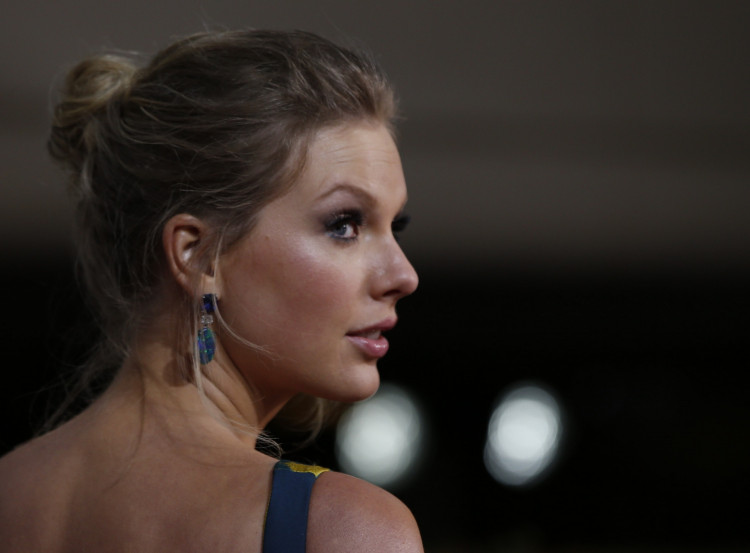Amid the escalating political fervor as the United States gears up for the 2024 presidential election, Taylor Swift finds herself embroiled in a controversy that transcends her musical legacy. Critics, predominantly from conservative factions, have cast the pop icon in the unlikely role of a Democratic operative allegedly poised to sway the election in favor of Joe Biden. "What's happening with Taylor Swift is not organic," asserted Stephen Miller, former White House adviser to Donald Trump, fueling the narrative of Swift's political maneuvering.
The discourse took a sharper turn with right-wing commentator Jack Posobiec's assertion, "TayTay's 'girl boss psyop' has been fully activated," suggesting a deliberate orchestration to galvanize Democratic voters on hot-button issues like abortion rights, as reported by the National Enquirer. These comments underscore a burgeoning skepticism about the authenticity and impact of Swift's foray into political endorsements.
Yet, this portrayal of Swift as a puppet master in electoral politics is met with skepticism from experts who view such theories as baseless. Dr. Jeffrey R. Dudas, a political science professor, dismissed the allegations as "ludicrous," emphasizing the absurdity of attributing significant political influence to the singer-songwriter. A political insider echoed this sentiment, stating, "This is just another example of right-wingers seeing boogeymen wherever they look," highlighting a tendency to misconstrue celebrity activism as a calculated political strategy.
Despite the controversy, Swift's influence, particularly among younger voters, is undeniable. Her advocacy for National Voter Registration Day in 2022 led to a noticeable spike in voter registrations, illustrating her ability to mobilize her fan base on critical civic issues, according to CBS News. Surveys indicate that approximately 30% of Americans under 35 might be more inclined to support a candidate endorsed by Swift, a testament to her sway over a key demographic.
The debate surrounding Swift's potential role in the upcoming election illuminates the broader conversation about celebrity involvement in politics. Dr. Gilda Carle pointed out, "She is still an intensely successful and talented woman who has bucked the odds - and that doesn't sit well with some portions of America." This sentiment is reflective of the broader cultural dynamics at play, where successful women, especially those like Swift who wield considerable public influence, often become targets of criticism.
Conversely, Dr. Carole Lieberman presented a cautionary perspective, suggesting (via National Enquirer), "It's shocking and sad to think an entertainer might have so much control over a presidential election." Her comments reflect a growing concern about the extent to which celebrities can shape political outcomes, a phenomenon that blurs the lines between entertainment and electoral integrity.
As Taylor Swift navigates the choppy waters of political endorsements and public scrutiny, the controversy surrounding her influence in the political realm serves as a microcosm of the evolving relationship between celebrity culture and political engagement. With the 2024 election on the horizon, the discourse around Swift's endorsements - and the broader implications of celebrity influence on democratic processes - remains a poignant reflection of the complex interplay between fame, public opinion, and the machinery of American politics.





